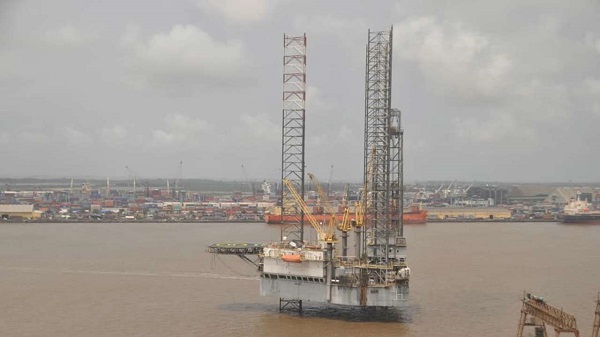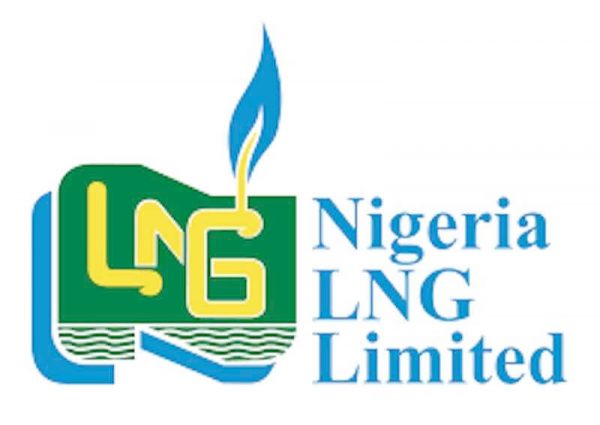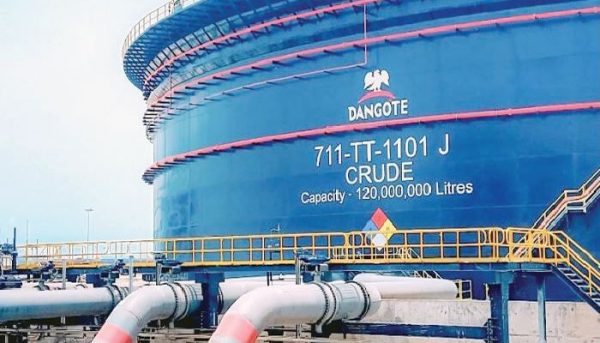Nigeria strategizes to regulate bid rounds as 600 firms jostle for 57 marginal fields

• Sets 24 months target for oil delivery after bids
The Federal Government, yesterday, said about 600 companies have applied to be pre-qualified for the ongoing bid rounds of 57 marginal oil fields.
The Director/CEO, Department of Petroleum Resources (DPR), Sarki Auwalu, during the fourth Webinar series organised by the Nigerian Association of Petroleum Explorationists (NAPE), themed; “Nigerian Marginal Field Bid Round: Implications, Challenges and Opportunities,” in Lagos, also reiterated that the 11 fields under litigation are not included in the 57 marginal fields.
Besides, the DPR said the government would unveil the National Acreage Management Strategy (NAMSTRA), before the end of this year, which is expected to initiate strategies to determine the nation’s bid rounds in a predictable manner.
Auwalu said with Nigeria’s available seven basins, comprising the Benue (central), Sokoto (north-west border), Chad (north-east), Bida (central, along the Niger valley), Dahomey (south- west), Anambra (south-east), and the Niger Delta (south coastal) including the deep water, NAMSTRA will help to predict when the next bid round will be after assessing the commercial viability of these basins.
“NAMSTRA will also help to determine how prolific such basins will be in a bid round process,” Auwalu added. Similarly, he warned that successful bidders in the ongoing bid rounds have just two years to deliver their first oil.
“There is no magic to developing fields. Already, we have 16 marginal field operators producing in the country, and we have seen how they went about it. So, the government is prepared to help winners succeed by giving them aggressive work implementation tactics.
“We have seen how other marginal oil and gas firms became successful, and as long as funding and other things are on ground, it is possible to achieve first oil in two years,” he said.
Auwalu equally noted that while the Government seeks to boost revenues, funds from the marginal fields are not sufficient to finance the budget.
At a lower cost of investment ($50-100 million) and risk of development compared to major capital projects, the government may raise up to $5.7billion from the 57 oil fields on offer, far above the loans being sought from the Bretton Woods institutions within the last few months to address the effects of the coronavirus pandemic.
But Auwalu insisted that “Marginal fields cannot fund Nigeria’s budget. The goal transcends revenue generation. The country seeks to maximise its resources and encourage participation from local and foreign investors. It is a win-win value proposition.”
He noted that the country last conducted marginal field bid rounds in 2003, saying the ongoing exercise has attracted widespread interest because of the transparent and credible procedures put in place by the agency.
“First I will say that we have really witnessed an increase in bidders after the extension of the deadline to June 21. There has been an almost 30 percent increase in participation.
“If you are making a bid or auctioning any oil field, you need to get 10 people per field really going after the field. We have 57 fields and we have over 600 companies. So, we can say that we are celebrating success so far.
“After the extension, we are moving according to schedule and now we are in the phase where we do pre-qualification for the bidders to apply. Everything is going perfectly,” he said.
According to Auwalu, the high number of bids is good news for the country because it shows that it is ready for business and that there are credible companies who are interested in investing in the country.
NAPE President, Alex Nachi Tarka, commended Auwalu for the efforts put into the marginal fields bid rounds, and driving reforms in the sector, and assured that the Association will continue to drive initiatives that will aid the sector growth.
Meanwhile, given current apprehension, Auwalu disclosed that DPR has secured strategic programmes to mitigate the impact of the second wave of COVID-19 pandemic on Nigeria’s oil and gas industry.
These include, reducing the number of workers on offshore locations and construction sites, encouraging decontamination, testing and working with health agencies, especially the Nigeria Centre for Disease Control (NCDC).He said the regulator agency would continue to ensure that companies are COVID-19 compliant, and adhere to the 14-day quarantine protocols for workers.
For the industry to survive and be taken to the next level, he said stakeholders must devise ways to deal with the triple challenges posed by the coronavirus, fall in oil prices, and a supply glut.
“We have outlined survival kits post-COVID-19, which involve four key strategies. These include rationalisation of portfolios, strategic partnerships among Nigerian companies, new business opportunities using technology, and cost control and management to see how best we can strive to take the nation to the next level.” Equally, the expectations are four – innovation and resilience, partnership and collaboration as well as industry growth and business development.






